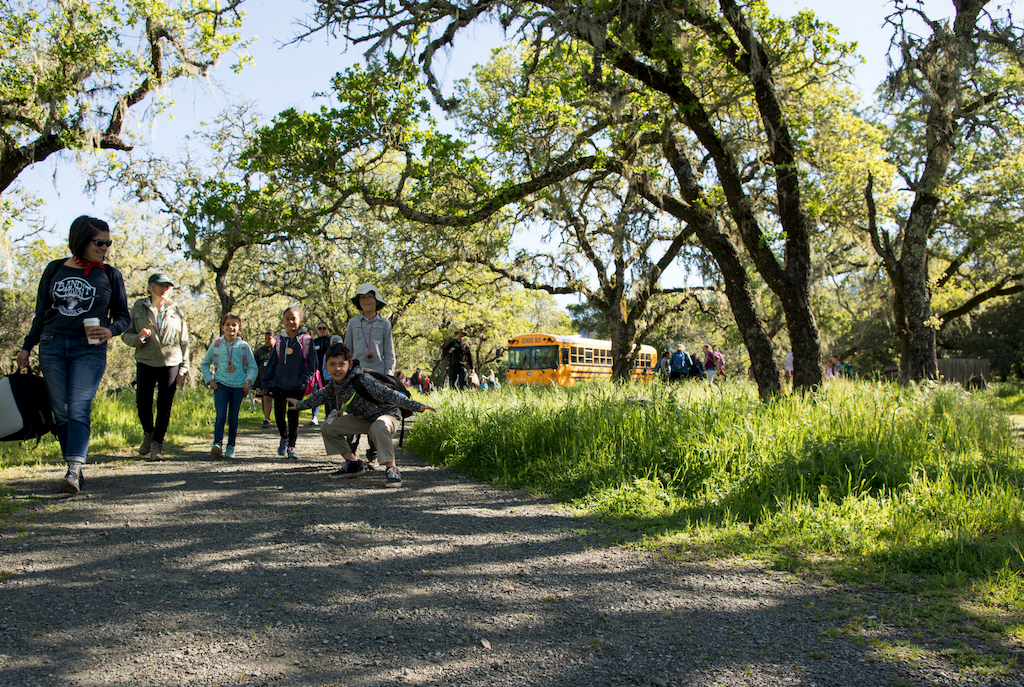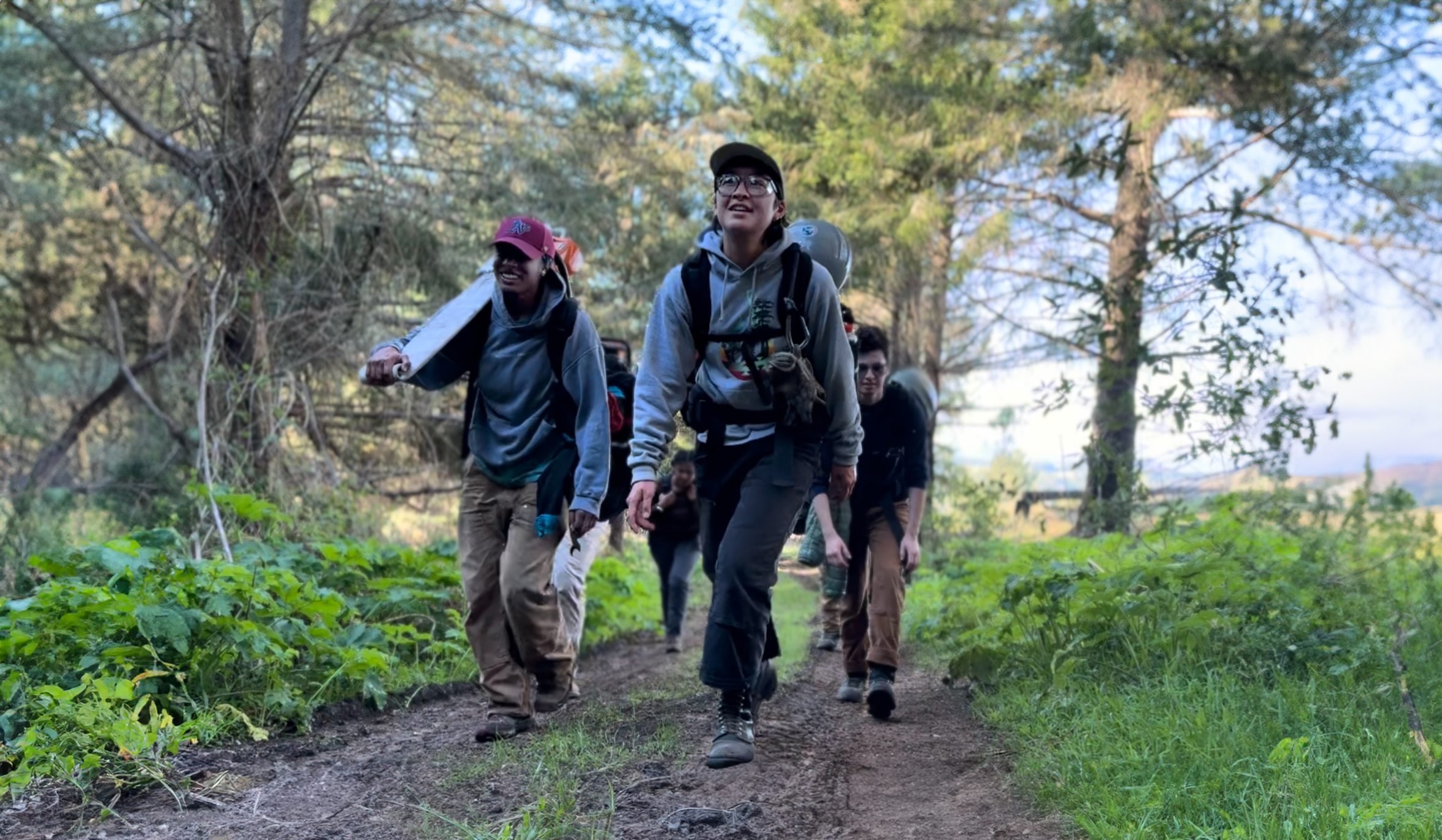Living with Lions principal investigator Dr. Quinton Martins recently collared four male mountain lions (P24, P25, P30 and P31) in western and northern Sonoma County near Sebastopol, Healdsburg, Cazadero and Geyserville after each was implicated in the killing of a sheep or goat.
The Living with Lions Project is mandated to conduct research on lions in the North Bay and its researchers can monitor lions but not interfere with the management of mountain lions. When a lion-related livestock loss occurs, the California Department of Fish and Wildlife (CDFW) permits our team to collar the animal when granted permission by the landowner. This is a significant step in the right direction for our need to better understand the diet and behavior of lions in our area. If the lion were killed, we would not learn more from that individual including whether killing of livestock was a common occurrence or an opportunistic encounter.
Data are now being collected which may provide a more informed view of how these lions differ in behavior to lions monitored that were captured in non-conflict situations. Our hypothesis is that any mountain lion exposed to alternate food resources like unprotected livestock or pets, will take advantage of these at some point. To date, the data support this. Accumulation of data may lead to further understanding of individual prey preferences which may result in us seeing some individuals being more likely to kill livestock than others. Analyzing these data will possibly provide insight as to the reasons why that might be the case.
Our data collection from several hundred mountain lion food caches investigated by Living with Lions researchers has found that, in Sonoma County, mountain lions’ preferred prey is deer (~75%). However, we have also documented that lions will opportunistically kill unprotected livestock (~10%). Cats (feral or domestic) and small dogs are also at risk if left to roam at night, although to-date no dogs have been recorded in our diet study. Coyotes, bobcats, foxes, raccoons, skunks, wild boar, some turkeys and even a turkey vulture have been recorded in their diet.
A key objective of Living with Lions is educating the public and ensuring these conflict situations with lions and livestock do not occur in the first place. Additionally, Martins through his True Wild company, partners with the Sonoma County Wildlife Rescue (SCWR) to help landowners identify potential weak links in their livestock husbandry set-ups and suggest alternate solutions.
We are grateful to the folks who have contacted Living with Lions after suffering a painful loss of one of their animals. If you or anyone you know has any conflict issues with mountain lions or need advise on keeping your animals safe, please contact Dr. Quinton Martins at 707-721-6560 or [email protected].
Living with Lions is currently tracking nine collared lions in Sonoma and Napa Counties, and has collared 21 mountain lions in the study since October 2016.
Map pictured above: Movement data for P24 (near Healdsburg) and P25 (near Cazadero) over the span of a one month timeframe.




